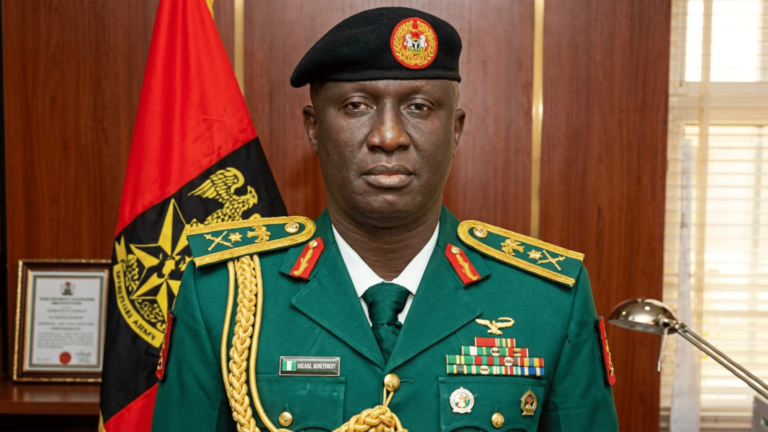
Dr. Samuel Ogbuku, Managing Director of the Niger Delta Development Commission (NDDC), is ushering in a transformative era. He recently announced the launch of a comprehensive governance policy and Standard Operating Procedures (SOPs) aimed at boosting transparency and accountability. This initiative reflects his firm commitment to repositioning the commission for improved service delivery and institutional growth.
Ogbuku’s governance reforms aim to bring structure and clarity to the commission’s operations. The new policy and SOPs will guide daily activities, ensuring that all processes meet ethical and professional standards. He believes that good governance begins with clear rules and a shared sense of responsibility.
The official launch is scheduled for July 9, 2025, in Port Harcourt. Ogbuku revealed that the new framework emerged from extensive consultations with stakeholders, development partners, and staff members. The reforms aim to eliminate bottlenecks, enhance operational efficiency, and restore public trust in the commission’s work.
He emphasized the need for the NDDC to transition from reactive governance to proactive planning. According to him, the commission must adopt a more strategic approach to projects and financial management. These changes will help streamline procurement, improve project monitoring, and strengthen communication between agencies. With better systems in place, the NDDC will find it easier to track impact and measure results.
The reforms also promote stronger staff accountability. The SOPs introduce performance benchmarks, timelines, and documentation requirements to help staff stay on course and deliver effectively. Ogbuku pointed out that when team members understand their responsibilities clearly, they perform better and contribute more to institutional goals.
The new policy aligns with President Bola Ahmed Tinubu’s Renewed Hope Agenda. Ogbuku stressed that the NDDC must play a key role in delivering federal infrastructure and development commitments. He added that the Niger Delta region deserves better services and that the commission must lead that transformation with integrity and purpose.
Civil society and private sector partners have welcomed the reforms, describing them as timely and necessary. They believe Ogbuku’s leadership reflects real commitment and offers a path toward restoring the commission’s credibility. With the right systems in place, the NDDC could become a model for other government institutions.
To ensure successful implementation, the commission will conduct training and awareness sessions to help staff adopt the new practices. Digital tools will also support better compliance and communication, enhancing collaboration and speeding up decision-making. Ogbuku noted that no reform can succeed without the people behind it, which is why his approach prioritizes capacity building.
He thanked all stakeholders for their continued support and urged them to keep holding the commission accountable. He emphasized the importance of feedback from the public, media, and development partners in driving progress. The goal, he said, is not just to boost today’s performance but to lay the groundwork for long-term impact.
Through vision and determination, Dr. Samuel Ogbuku is transforming the way the NDDC operates. His leadership reflects a practical and forward-thinking approach grounded in good governance. With these reforms, he is giving the Niger Delta a stronger foundation for sustainable development and inclusive progress.



